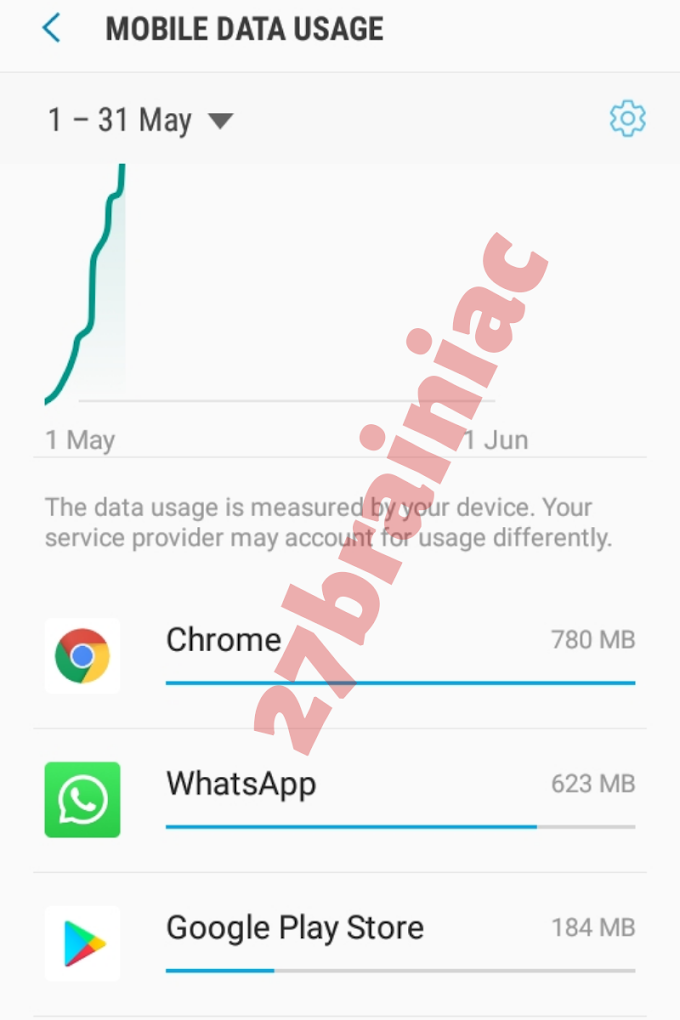A lot of people have been searching the web for what does this so called 5g network is all about.
In this article, you will find everything you need to know about 5g network.
- What 5g network means
- How it works
- Benefits of 5g network
- Dangers of 5g network
- Countries that have accepted 5g network.
1. What is 5G network?
5G Network means the 5th generation network. It is the next generation of mobile broadband that will replace your 4G LTE connection with:
Increased speed and bandwidth
Reduction in power consumption
More security
Improved WAN connection.
2. How it works:
The same way garage door openers, TVs, baby monitors and every past generation of wireless have all worked — with radiofrequency (RF) waves. 5G uses a dense network of “small cell” antennas about the size of a backpack. Designed to blend into the environment, these 5G antennas hide in plain sight on things you never notice — like utility poles and street lamps. [Source: Let's 5G]
3. Benefits of 5g network:
- Speed: While 4G tops out at a theoretical 100 megabits per second (Mbps), 5G tops out at 10 gigabits per second (Gbps). That means 5G is a hundred times faster than the current 4G network. And as the network improves the speed increases.
- Capacity: 5G network will allow large connection of devices than the current 4G network which in turn means more capacity for end users.
- Low latency: Latency means a period between the initiation of something and the occurrence. 5G has the potential to cut latency down to less than 10 milliseconds, many times faster than the blink of an eye. It is possible to control machinery of an industry, enabling a doctor to perform lifesaving surgery on a patient miles away using robotics over a 5G network and also automated driverless cars.
4. Dangers of 5G network:
As with previous cellular technologies, 5G networks rely on signals carried by radio waves - part of the electromagnetic spectrum - transmitted between an antenna or mast and your phone.
We're surrounded by electromagnetic radiation all the time - from television and radio signals, as well as from a whole range of technologies, including mobile phones, and from natural sources such as sunlight.
5G uses higher frequency waves than earlier mobile networks, allowing more devices to have access to the internet at the same time and at faster speeds.
These waves travel shorter distances through urban spaces, so 5G networks require more transmitter masts than previous technologies, positioned closer to ground level.
The electromagnetic radiation used by all mobile phone technologies has led some people to worry about increased health risks, including developing certain types of cancer.
In 2014 the World Health Organization (WHO) said that "no adverse health effects have been established as being caused by mobile phone use" .
However, the WHO together with the International Agency for Research on Cancer (IARC) has classified all radio frequency radiation (of which mobile signals are a part) as "possibly carcinogenic".
It has been put in this category because " there is evidence that falls short of being conclusive that exposure may cause cancer in humans ". [ Source: BBC]
5. List of countries that have accepted 5G network:
- Argentina
- Bulgaria
- Canada
- China
- Finland
- Germany
- Hong Kong
- India
- Ireland
- Italy
- Japan
- Monaco
- Netherlands
- New Zealand
- Norway
- Pakistan
- Philippines
- Poland
- Romania
- Russia
- San Marino
- Singapore
- South Africa
- South Korea (Republic of Korea)
- Spain
- Taiwan
- Thailand
- Ukraine
- United States
- Ukraine
- Uruguay
- Vietnam
- Qatar
Conclusion: 5G Network will affect our world technology both positively and negatively. It is now left for you to choose either to accept these new network or not.
Reference












0 Comments